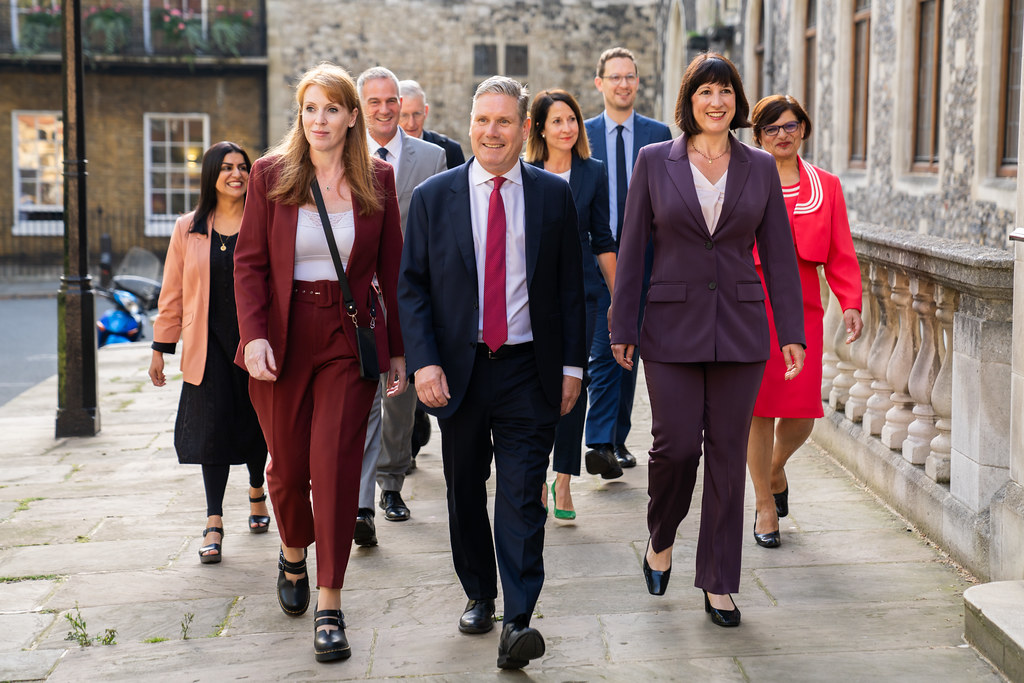One of the last things I did before setting off on holiday a few weeks ago was pay the bill that would ensure that, to all intents and purposes, Glasstap will be carbon neutral for the next 12 months.
As before, we’ve worked with CO2balance to calculate our carbon usage and then offset this with investments in projects that improve lives and reduce carbon elsewhere. (You can find out more about the work of CO2balance here.)
Our assessment showed that, even for a small business like ours, we’re already a very low carbon user. Some of the things we’ve done to reduce carbon are easy and obvious – our office has low energy lights, for example.
But by far the most important reason for our low carbon use is the lack of commuting. In fact, only three team members commute to work on a daily basis – clocking up grand total of ten miles each day between them. Everyone else works from home.
Of course, we do have meetings from time to time, and we all get together twice a year for our big strategy and training events. But most day-to-day discussions are carried out remotely using Skype.
Coincidentally, we received the results of this year’s assessment in the same week that MPs said that if the UK is going to meet its climate change targets, people will have to get out of their cars. It occurs to me that, as our own assessment showed, organisations have the potential, perhaps even a responsibility, to do more to make this achievable.
There are many, many reports showing that home working and flexible working can lead to greater productivity (here’s one) and it is undoubtedly the case that those members or our team who work from home are at least as productive as those based in the office.
Flexible home working has brought less obvious benefits too. It’s enabled our business to be more responsible to overseas customers who work in different time zones or, indeed customers (typically self-employed trainers) who are simply working late in the evening. It’s meant that, when recruiting, we’re not restricted by geography or ‘office hours’. And it’s even meant that team members, who move for personal reasons to another part of the country, or indeed another country, have been able to continue to work for us. (One of our team spent much of this summer working from Canada.)
Allowing people to work flexibly and from home has given us business benefits, some of which are difficult to measure. But as our carbon assessment showed, it’s brought another important benefit too, that can be measured – it’s reduced our impact on the environment.
Of course, I accept that there are roles that need to be ‘office’ based, but I also believe that when it comes to flexible and home working, organisations are too often constrained by traditional ideas of work and, indeed, management.
In my last blog, I wrote about the importance of raising awareness of behaviour. It occurs to me that if every organisation undertook to assess its carbon impact and gained an awareness of the environmental cost of all those journeys to and from the office, their leaders might just be inspired to think more creatively about how, and where, people work in future.
Which might just help make a real difference to our planet's future.
Until next time...











One Response
I second your thoughts!
I second your thoughts!